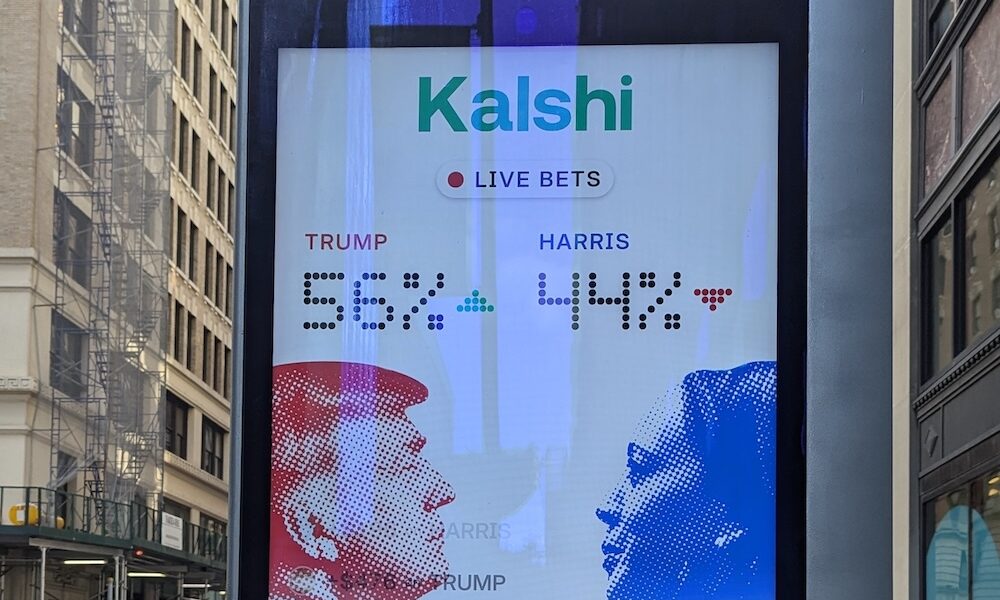A member of the Nevada Gaming Control Board Wednesday said that prediction market operators will lose out in the end in their bid to take market share away from licensed operators in the state and elsewhere.
During the opening of Wednesday’s board meeting, George Assad cited last week’s ruling from U.S District Court Judge Andrew Gordon of Nevada, who denied Crypto.com’s request for a preliminary injunction against the Board. In his ruling, Gordon said the sports event contracts touted by prediction markets don’t qualify as legal financial vehicles under the Commodity Futures Trading Act, as operators argue.
That’s a departure from a ruling in April in which Gordon blocked Nevada from enforcing the state’s sports wagering laws against Kalshi.
The decision could potentially have a sweeping impact across the country involving Kalshi and other operators. Kalshi is locked in a legal battle with the Board after it was sent a cease-and-desist order from operating in Nevada.
“I would like to comment on the recent case by Judge Gordon,” Assad said. “It got very little publicity, but as a public-service announcement, I would like to inform all those participants like Kalshi, Crypto.com, Polymarket, etc. that the gig is up. These judges are starting to wake up and see that this word salad they’ve been producing is nothing more than a word salad. A derivative contract or whatever you want to call it is nothing more than a sports wager. A sports wager is a sports wager. Every bet made in this town is a contract. You can call it a derivative contract or a credit default swap like they did during the housing bubble. Whateve, you call it, it’s still a sports bet. Therefore, it’s under the jurisdiction of the Nevada Gaming Commission and Nevada Gaming Control Board.”
Assad said in Maryland, U.S. District Judge Adam Abelson denied Kalshi’s request for a preliminary injunction in a lawsuit against the state’s gaming regulators. That ruling also represents a legal setback for Kalshi, which had seen success in similar cases in Nevada and New Jersey.
“The recent decision by the judge in Maryland made it crystal clear that the federal government doesn’t have exclusive jurisdiction in this field,” Assad said. “States have a right to control, as they’ve done traditionally, the gambling in their states. People like Kalshi and Crypto want to come in and impose their will on sovereign nations like the Indian tribes, which is outrageous, and on states like California, Texas, and Utah who don’t want gambling at all. Then they want to impose their will on Nevada, when we want to protect 18- and 19-year-olds from possibly becoming addicted to gambling at a young age. They’ve made millions and millions of dollars that have deprived Nevada of a lot of tax revenue and hopefully our attorneys will seek to capture that ill-gotten gain. A word to the wise out there that you can put lipstick on a pig, but it’s still going to be a pig.”
Following Assad’s comments, MGM Resorts International CEO, in his licensing hearing a few moments later, praised Assad for his comments.
“Thank you for your clarity on Kalshi,” Bill Hornbuckle told Assad. “It’s interesting and appreciated.”


